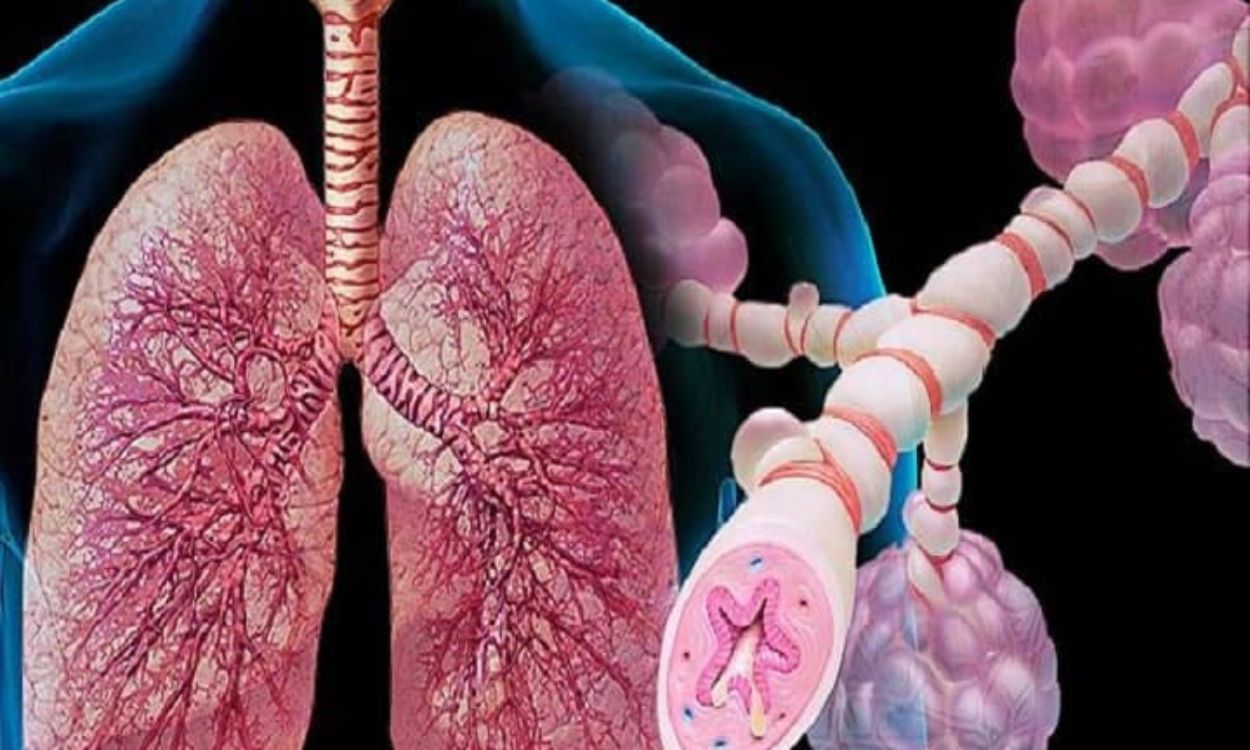Reversing Lung Fibrosis: Is It Possible?
Lung fibrosis, also known as pulmonary fibrosis, is a chronic and progressive lung disease characterized by scarring of lung tissue. This scarring thickens the tissue around and between the air sacs (alveoli) in your lungs, making it difficult for oxygen to pass into your bloodstream. The condition typically results in symptoms like shortness of breath, dry cough, and fatigue, and can drastically affect one’s quality of life. The big question is: can this debilitating condition be reversed?
Understanding Lung Fibrosis
Lung fibrosis is often idiopathic, meaning the cause is unknown, though it can be associated with environmental factors, genetic predisposition, certain medications, and autoimmune diseases. Unfortunately, once the lung tissue becomes fibrotic, reversing the damage is challenging. However, managing symptoms and slowing the progression is possible with the right treatment plan.
Current Medical Approaches
1. Medications: While there’s no cure, drugs like pirfenidone and nintedanib have been approved to slow the progression of idiopathic pulmonary fibrosis. These medications work by reducing inflammation and fibrosis development.
2. Oxygen Therapy: For many patients, supplemental oxygen can improve quality of life by providing the necessary oxygen that the lungs can’t furnish efficiently.
3. Pulmonary Rehabilitation: This involves structured exercises, nutritional advice, and support to help improve daily functioning.
4. Lung Transplant: In severe cases, a lung transplant might be considered as an option, although this comes with a set of significant risks and challenges.
Lifestyle Changes and Management
While reversing fibrosis isn’t currently possible, maintaining a healthy lifestyle can help manage symptoms and improve overall well-being:
– Quit Smoking: Smoking aggravates lung conditions and stopping can help prevent further damage.
– Healthy Diet: A balanced diet can support overall health and boost immune function.
– Regular Exercise: Staying active improves cardiovascular health and can help manage stress and anxiety.
Emerging Therapies
Research is undergoing in fields like stem cell therapy and gene therapy. These innovative treatments aim at repairing or replacing damaged lung cells, offering hope for future reversibility of lung fibrosis.
How Fitpaa Can Support Your Journey
Given the complexity and progression of lung fibrosis, managing your health proactively can make a significant difference. Fitpaa, an AI-driven metabolism monitoring and management technology, offers personalized plans to help achieve your health goals. Here’s how it fits in:
– Personalized Health Plans: Fitpaa’s metabolism assessment will help identify areas needing attention and craft a plan suited to your needs, optimizing your metabolism.
– Comprehensive Support: With a team of fitness coaches, nutritionists, and doctors, Fitpaa ensures that you receive guidance at every step, targeting your respiratory system as part of your overall health plan.
– Holistic Approach: The Fitpaa Capsule integrates medical nutrition therapy, exercise therapy, and cognitive behavioral therapy to support your journey toward better health, providing a comprehensive approach to manage lung fibrosis effectively.
– Accessible Technology: The Fitpaa app makes following your health plan simple with real-time guidance, progress tracking, and motivational support, helping you stick to your health goals every day.
Conclusion
While lung fibrosis reversal remains a challenge, the combination of cutting-edge medical treatments and lifestyle management can significantly impact your quality of life. With Fitpaa, you not only get a scientifically-backed health plan but also a community dedicated to helping you achieve your health goals. Embrace the journey to better health by exploring how Fitpaa can support you today. Download the Fitpaa app and take the first step towards a healthier future.











